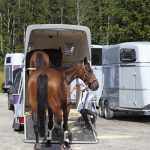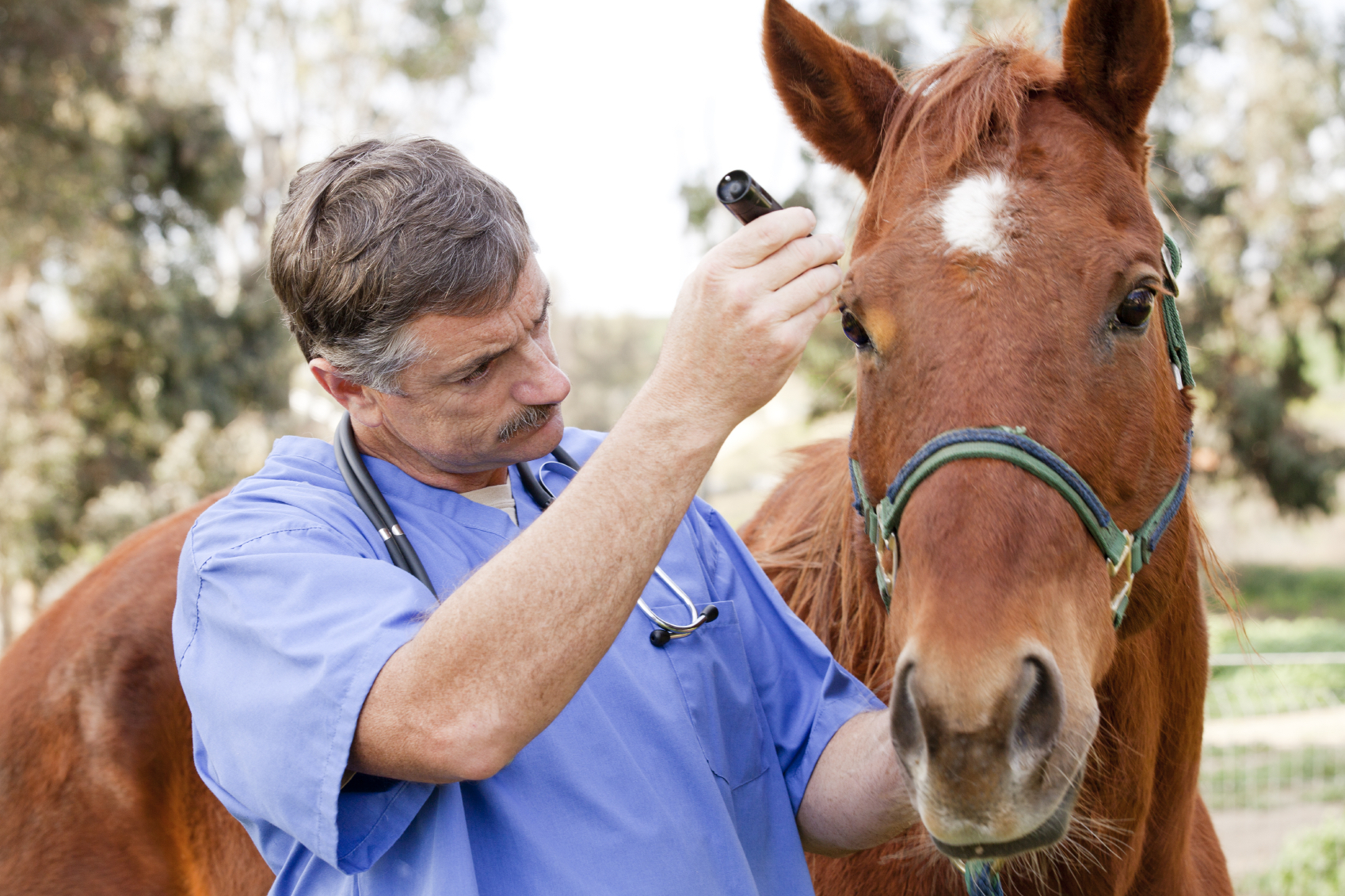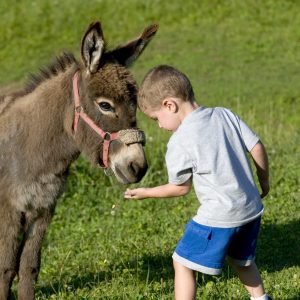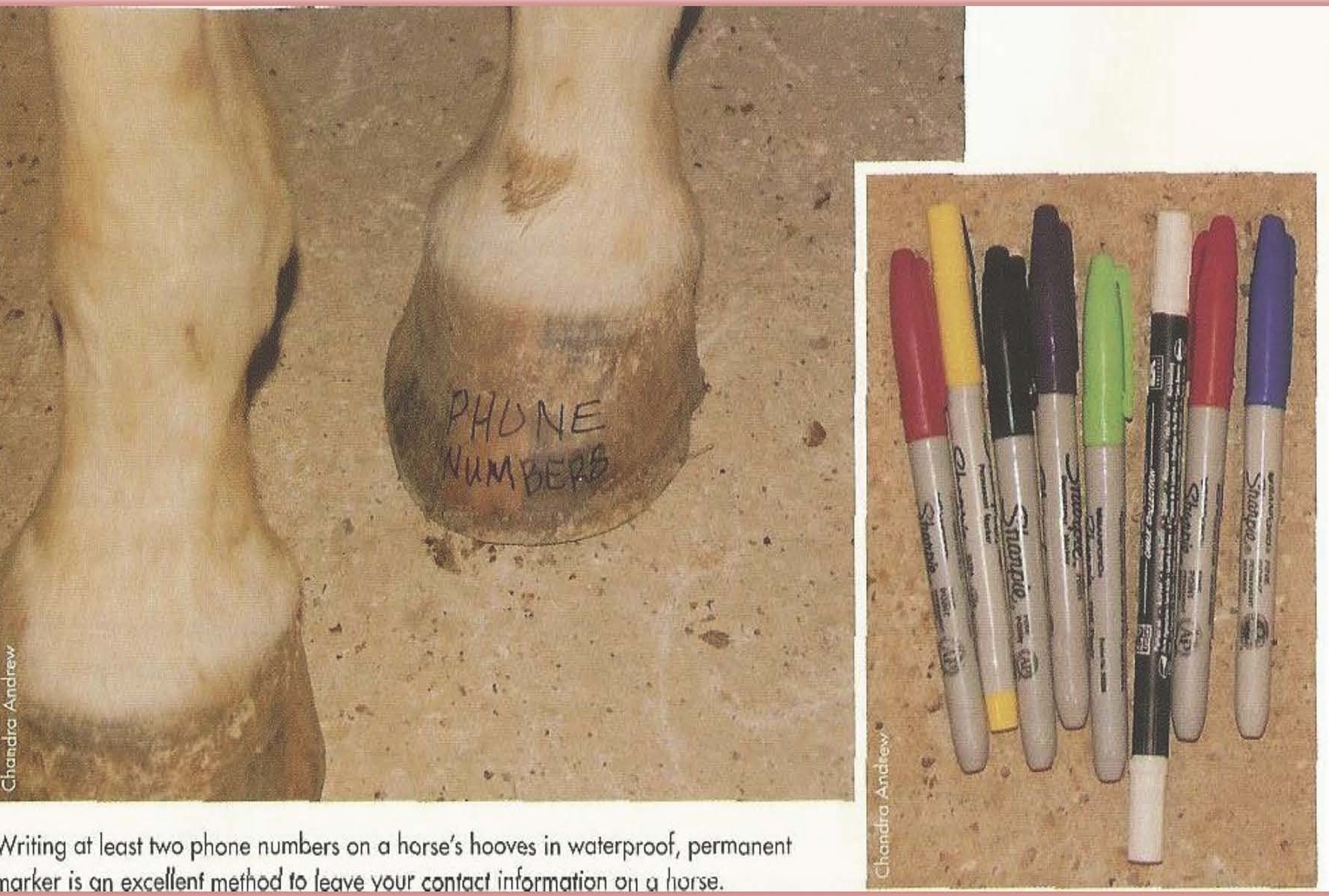“I call my horses ‘divine mirrors’—they reflect back the emotions you put in. If you put in love and respect and kindness and curiosity, the horse will return that.” –Allan Hamilton
Disaster Preparedness For Equine


When disaster strikes - do not leave your horses behind! Horses require extra considerations due to the size and requirements needed to transport and shelter them. Barn fires, hazardous material spills, and train derailments may necessitate a large-scale evacuation. You need to be prepared by having a disaster/emergency plan in place to protect your horses either by evacuating or by sheltering-in-place. If you are transporting your horse(s) to an evacuation site, it is important that you evacuate EARLY - don't wait until the last minute. If multiple trips are required to transport all of your horses, you may encounter emergency road closures that prohibit returning to your home and forcing you to leave your horses behind.
- Develop an evacuation plan; know different routes to take in case there is a road closure
- Establish a network of equine transportation resources if you need additional trailers (friends, neighbors, horse clubs, etc.)
- Locate potential evacuation sites outside your immediate area. (fairgrounds, racetracks, rodeo grounds, equestrian centers, stables etc). Contact them for their policies and ability to take your horses in an emergency.
- Listen to the Emergency Alert System (EAS) on TV or radio
- Post your emergency contact information at your stable / barn.
TRANSPORTING

IMPORTANT - make sure your horses(s) are trained to load onto a trailer! Under stressful situations, it may be challenging and take more time to get them to loaded. Keep vehicle or trailers well-maintained, have a full tank of gas, and have the proper size hitch and ball (if bumper pull trailer). In addition, have a driver who is qualified to pull and back up a trailer quickly and safely.
Medical & Vaccinations
- Make sure your horse is have current vaccinations.
- Keep medical records and dietary requirements
- Provide contact information for your veterinarian
- Photograph you and your horse(s) together
- Permanent identification (microchips, tattoos, brands) - very important!
- Temporary ID if necessary: halter tags, neck bands, use livestock markers, paint, and/or duct tape with PERMANENT writing. Include your name and phone number.
AFTER THE DISASTER

- Check barn and pasture fences for damages.
- Look for downed power lines
- Check pastures for sharp objects or debris that could injure your horses
- Beware of local wildlife that may have entered your property and could present a danger to your horse
- If another person's horse is on your property, isolate it from your horse(s) until it can be returned to the owner. Use caution when approaching and handling strange or frightened horses.
- If you have a lost a horse, contact your local animal control, veterinarian, surrounding farms, humane societies, etc.
- Check with your veterinarian about potential disease outbreaks.
DISASTER SUPPLIES

- 7-10 day supply of feed and water
- Food & water bins/buckets
- Veterinary records & vet contact information
- Medications (include dosage instructions)
- Proof of ownership / your contact information
- Halters (cotton) and leads
- Rope or lariat
- Horse blanket or sheet
- Grooming brushes
- Hoof knife / nippers/ pick / rasp
- Leg wraps
- Wire Cutters / sharp knife
- Heavy leather gloves
- Fly spray
- First-Aid Kit with instruction manual
- Flashlights with extra batteries
- Battery-operated radio
- Shovel / rakes
- Tarps
- Maps: local area and alternate evacuation routes

